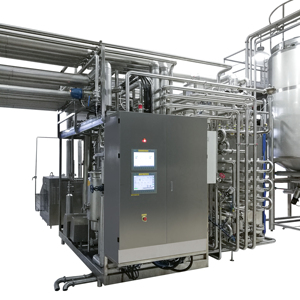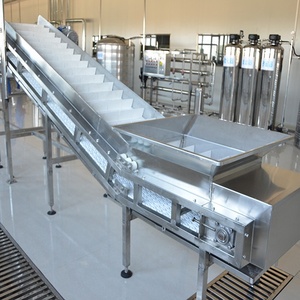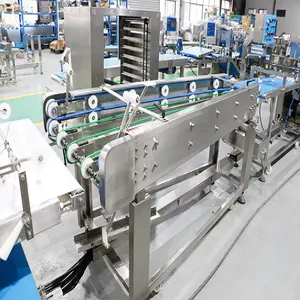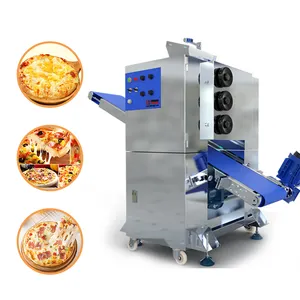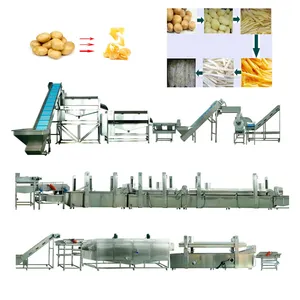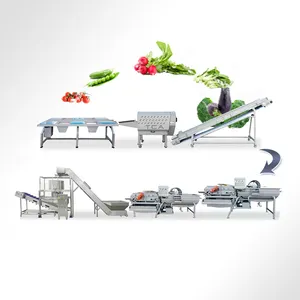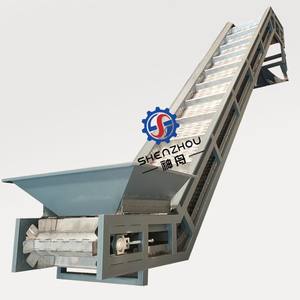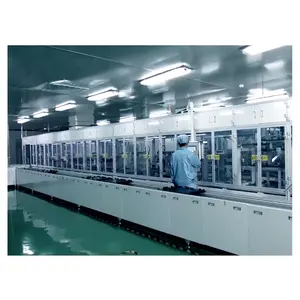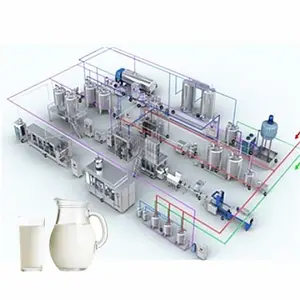Example Of A Production Process


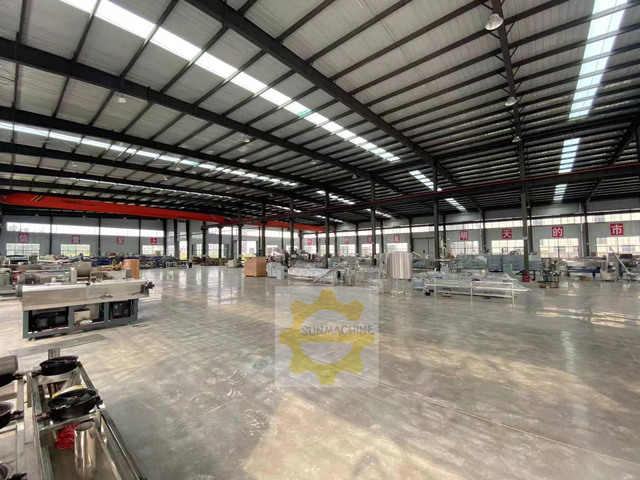



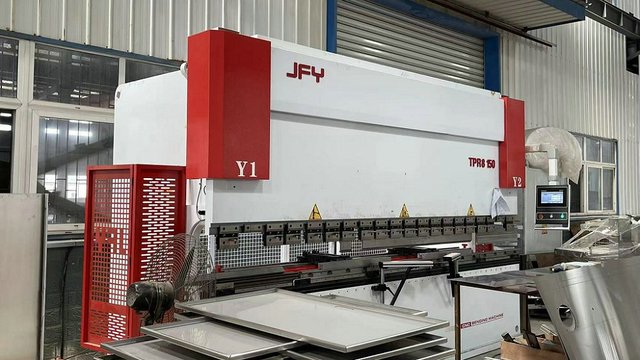





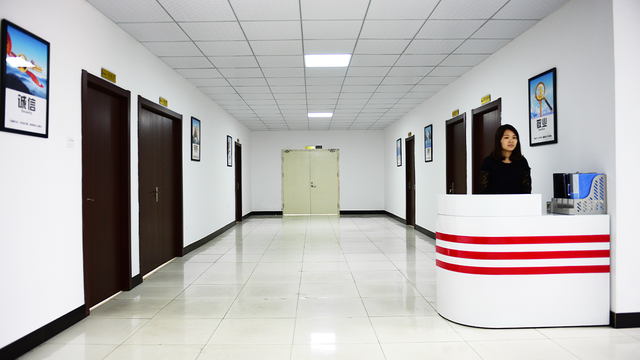
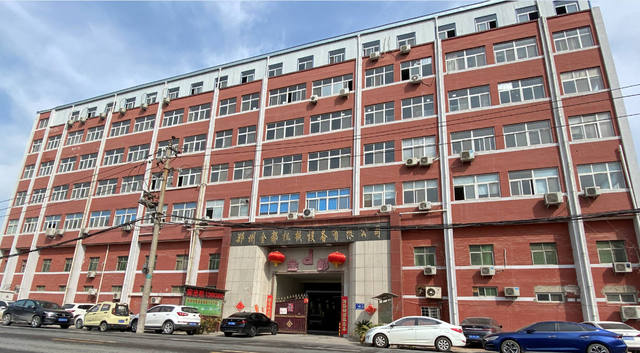









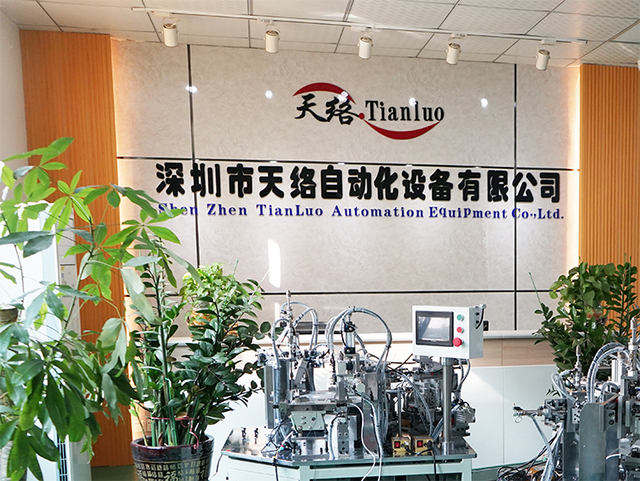




About example of a production process
Where to Find Own Production Line Suppliers?
China remains the global epicenter for integrated food and beverage production line manufacturing, with key industrial clusters in Shanghai, Zhengzhou, Shandong, and Anhui provinces. These regions host vertically integrated facilities capable of delivering fully automated processing systems for dairy, nuts, instant noodles, bakery products, and fortified foods. Shanghai and Shandong specialize in high-capacity, hygienic-grade stainless steel lines compliant with international food safety standards, while Henan-based manufacturers focus on cost-efficient solutions for peanut butter, cocoa, and RUTF (Ready-to-Use Therapeutic Food) applications.
The concentration of component suppliers, engineering talent, and metal fabrication resources within these zones enables rapid prototyping and scalable deployment. Suppliers benefit from localized supply chains that reduce lead times by 20–30% compared to offshore alternatives. Buyers can expect standard delivery windows of 45–60 days for complete turnkey lines, with modular designs allowing integration into existing facilities. The ecosystem supports both standardized configurations and engineered-to-order systems, particularly for emerging markets requiring fortified or shelf-stable nutrition products.
How to Choose Own Production Line Suppliers?
Selecting a reliable supplier requires rigorous evaluation across technical, operational, and transactional dimensions:
Technical Compliance & Design Capability
Verify adherence to recognized quality management systems such as ISO 9001. For export to regulated markets, ensure compliance with CE, FDA, or equivalent standards where applicable. Demand detailed process flow diagrams, P&ID schematics, and material certifications (e.g., SS304/SS316 for wetted parts). For dairy or infant nutrition lines, confirm CIP (Clean-in-Place) and SIP (Sterilize-in-Place) functionality and validation reports.
Production Capacity Verification
Assess infrastructure maturity through objective indicators:
- Minimum factory area exceeding 5,000m² for full-line assembly
- In-house engineering teams capable of custom automation design
- Proven track record in commissioning multi-unit installations
Cross-reference claimed capabilities with actual product listings and order history. Prioritize suppliers demonstrating consistent output across diverse product categories—such as dairy, grains, and nut processing—as evidence of system versatility.
Transaction Security & After-Sales Support
Utilize secure payment mechanisms like escrow services to mitigate risk. Confirm availability of remote commissioning support, operator training programs, and spare parts logistics. Evaluate responsiveness metrics: top-tier suppliers maintain average response times under 2 hours and on-time delivery rates above 95%. Reorder rate serves as a proxy for customer satisfaction—rates exceeding 25% indicate strong post-sale performance.
What Are the Best Own Production Line Suppliers?
| Company Name | Location | Main Product Categories | Line Output Range | On-Time Delivery | Avg. Response | Online Revenue | Reorder Rate | Customization |
|---|---|---|---|---|---|---|---|---|
| Shanghai Qingji Beverage Machinery Co., Ltd. | Shanghai, CN | Dairy Processing Machines (109), Food Processing Lines (83) | $168K–$500K/set | 50% | ≤6h | US $280,000+ | 50% | Yes |
| Zhengzhou Longer Machinery Co., Ltd. | Zhengzhou, CN | Nuts Processing (194), Food Lines (150), Cocoa Machines (79) | $14K–$58K/set | 100% | ≤2h | - | - | Yes |
| Shandong Sunmachine International Co., Ltd. | Shandong, CN | Food Processing Lines (585), Grain Machines (319) | $5K–$8K/set | 75% | ≤4h | US $50,000+ | 27% | Yes |
| Anhui Jinke Foodstuff Machinery Co., Ltd. | Anhui, CN | Food Processing Lines (254), Tortilla Equipment | $13K–$111K/unit | 100% | ≤18h | US $7,000+ | <15% | Yes |
| Guangdong Shunyida Technology Co., Ltd. | Guangdong, CN | Bakery Automation, Mooncake & Bread Lines | $15K–$32K/set | 100% | ≤1h | - | - | Color, material, size, logo, packaging |
Performance Analysis
Zhengzhou Longer Machinery stands out for reliability, achieving 100% on-time delivery despite lower revenue visibility, indicating efficient project execution for mid-tier buyers. Guangdong Shunyida leads in responsiveness (≤1h) and offers granular customization—critical for branded bakery producers requiring OEM branding. Shandong Sunmachine provides the most economical entry point for instant noodle and compound rice lines at $5,000–$8,000 per set, though its 75% on-time delivery suggests potential bottlenecks during peak demand. Shanghai Qingji commands premium pricing for UHT and ESL dairy systems but reports a 50% reorder rate, reflecting sustained client retention in capital-intensive sectors. Anhui Jinke’s wide price band ($13K–$111K) indicates inconsistent configuration control, warranting closer scrutiny of specifications before procurement.
FAQs
How to verify own production line supplier credibility?
Audit certification claims via official registries. Request video walkthroughs of active production floors and completed line installations. Analyze customer reviews focusing on installation success, uptime, and after-sales technical support. Confirm presence of dedicated QC protocols and testing documentation for motors, conveyors, and control panels.
What is the typical minimum order quantity (MOQ)?
Most suppliers require a single unit or set as MOQ, especially for fully assembled production lines. This allows small to mid-sized processors to procure turnkey systems without volume commitments.
What are common lead times for customized production lines?
Standard configurations ship within 45 days. Custom-engineered lines—including those with PLC automation, special hygienic finishes, or integrated sterilization—typically require 60–90 days from design finalization to shipment.
Do suppliers offer installation and training services?
Yes, many provide remote or on-site commissioning support, operator training, and troubleshooting assistance. Some include basic training in the contract; advanced service packages may incur additional fees. Confirm scope before purchase.
Can production lines be adapted for different product types?
Modular lines—especially in nut butter, dairy, and grain processing—can often be reconfigured for similar viscosity or particulate loads. However, switching between dry (e.g., noodles) and liquid (e.g., milk) processes typically requires distinct line architectures. Verify adaptability with engineering teams prior to investment.


